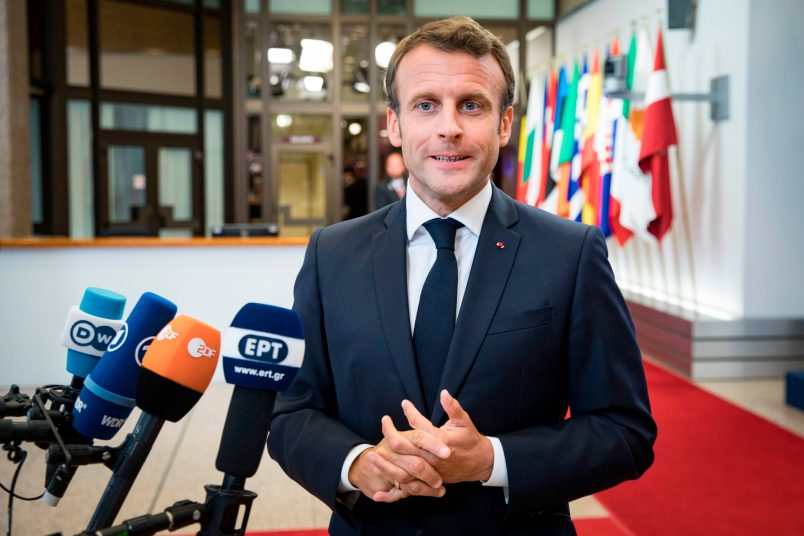Commentators are alternatively seeing the French election as a victory for Marine Le Pen, who exceeded her 2017 showing by eight percentage points, or as a death knell for right-wing populism. I’d say it was neither. The results reflected the peculiarity of the times and of French politics.
Emmanuel Macron, who garnered 59 percent of the vote, was boosted by the pandemic and the war in Ukraine, both of which strengthened support for Macron’s Europeanist vision as against Le Pen (or Jean-Luc Melenchon’s) defensive nationalism. With Angela Merkel’s departure, Macron had become the de facto leader of Europe, a fact not lost on the French electorate.
Le Pen has a loyal following of about twenty percent of the electorate, centered primarily in the industrially battered North, which she represents, and which was also the center of the controversial migrant camps, and in the anti-globalization countryside. In this election, her numbers were bolstered by inflation, which often kills off incumbents, and Macron’s center-right economics, which included a plan to raise the eligibility age for old-age pensions. Without inflation, I suspect Macron would have exceeded 60 percent.
But in the wake of this election, nothing is clear about French politics. Macron can serve only one more five-year term, and his party, which was an improvisation to begin with, is a shambles. Le Pen’s National Rally split prior to the election and while it may not welcome a fourth candidacy by Marine Le Pen, has no other apparent leaders. Its viability depends on discord within the EU and NATO, the threat of migrant crime and terrorism, and on the lack of a center-left economic alternative. But of all the major parties, it is still likely to remain intact.
Melenchon’s La France Insoumise is a one-man band headed by an eccentric 70-year-old who opposed vaccine mandates and favored leaving NATO. In a country that (wisely, as it turns out) relies on nuclear power, the Greens have never been a force. The two traditional center-left and center-right parties, the Socialists and the Republicans, failed to clear the five percent threshold for campaign reimbursement. They could make a partial comeback in the forthcoming legislative elections. If not, they could disappear.
The biggest mystery for me is the collapse of the center-left. Historically, it was partly the result of the embrace of the last Socialist President, Francois Hollande, of neo-liberal fiscal austerity during his 2012-2017 reign, which drove many of the party’s working class supporters to Le Pen or Melenchon. The election’s first round on April 10 showed that a united left and center-left could command about a quarter of the divided electorate, but there is little sign that the left will unite the way it did in 1972 when Socialist Francois Mitterrand revived the Socialist Party in an alliance with the Communists, laying the groundwork for winning the election in 1981. Will a similar figure step forward in the next five years?
Some commentators are claiming that the unpopular Macron’s win over the even more unpopular Le Pen presages a Joe Biden re-election victory. Perhaps it will — as long as Biden is running against Donald Trump and Trump has continued to rail against his 2020 loss. But Biden lacks Macron’s visible energy and quick wit. He is, perhaps, the least charismatic American president since George H.W. Bush. And he may face not merely inflation, but a recession precipitated by the need to curb inflation. So, yes, Le Pen’s loss didn’t bode well for a Trump candidacy, but I would still worry about Biden in 2024, and particularly against a conservative other than Trump.


